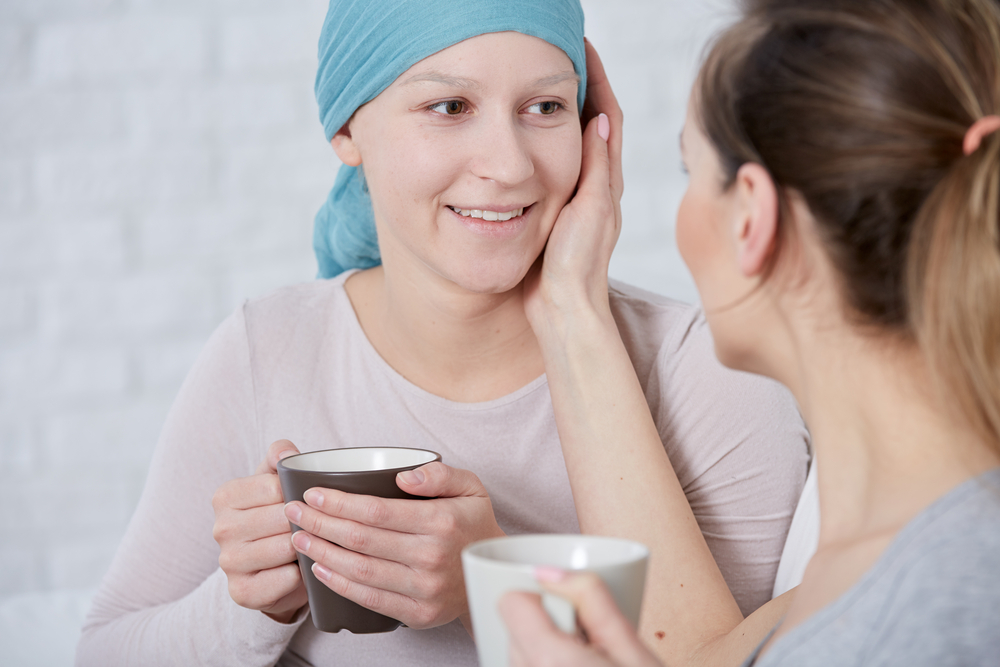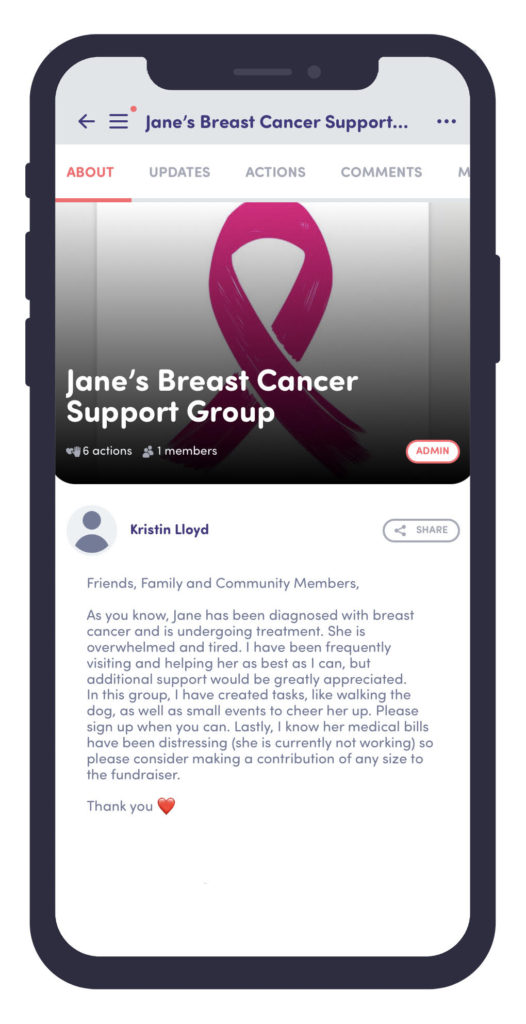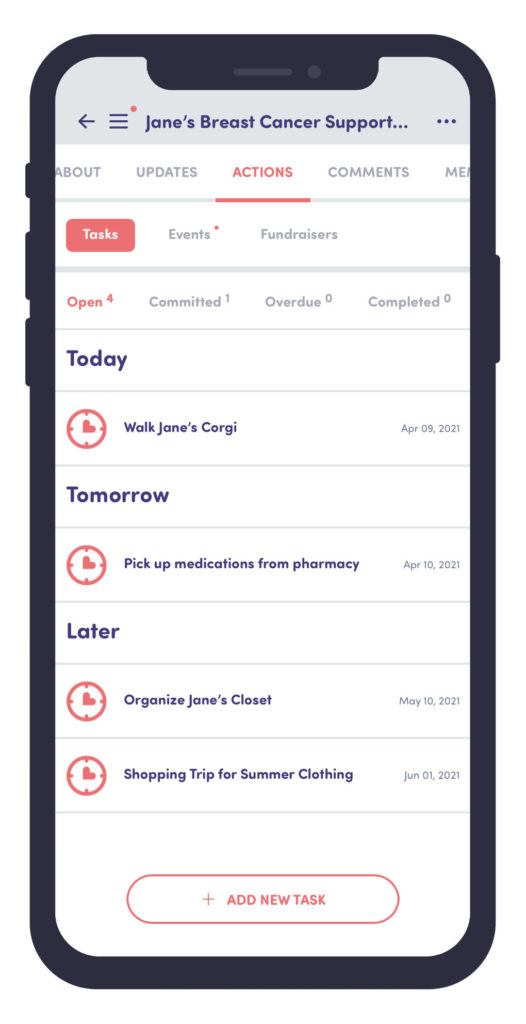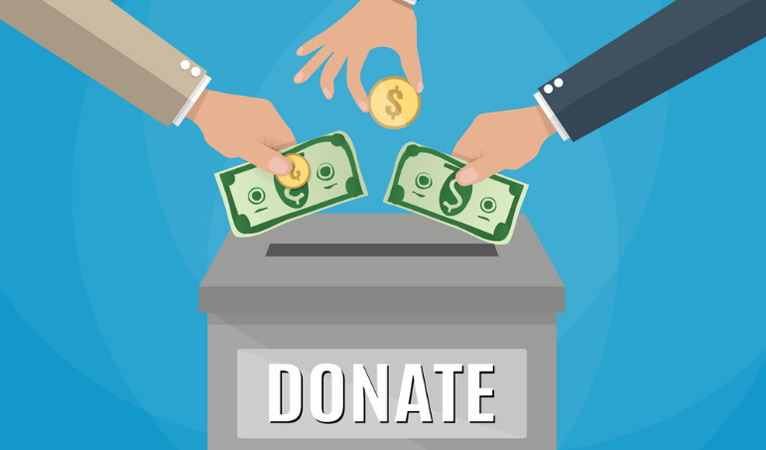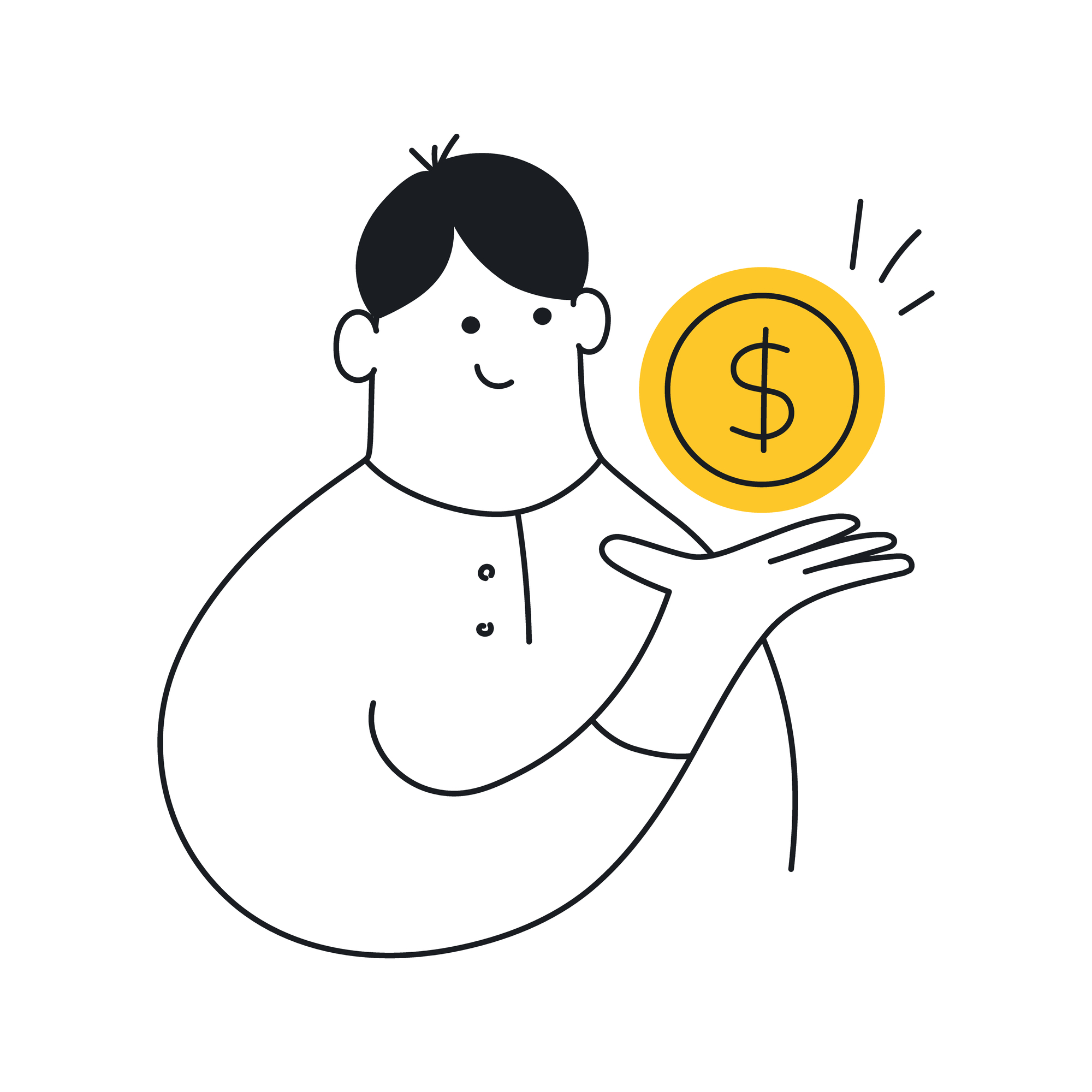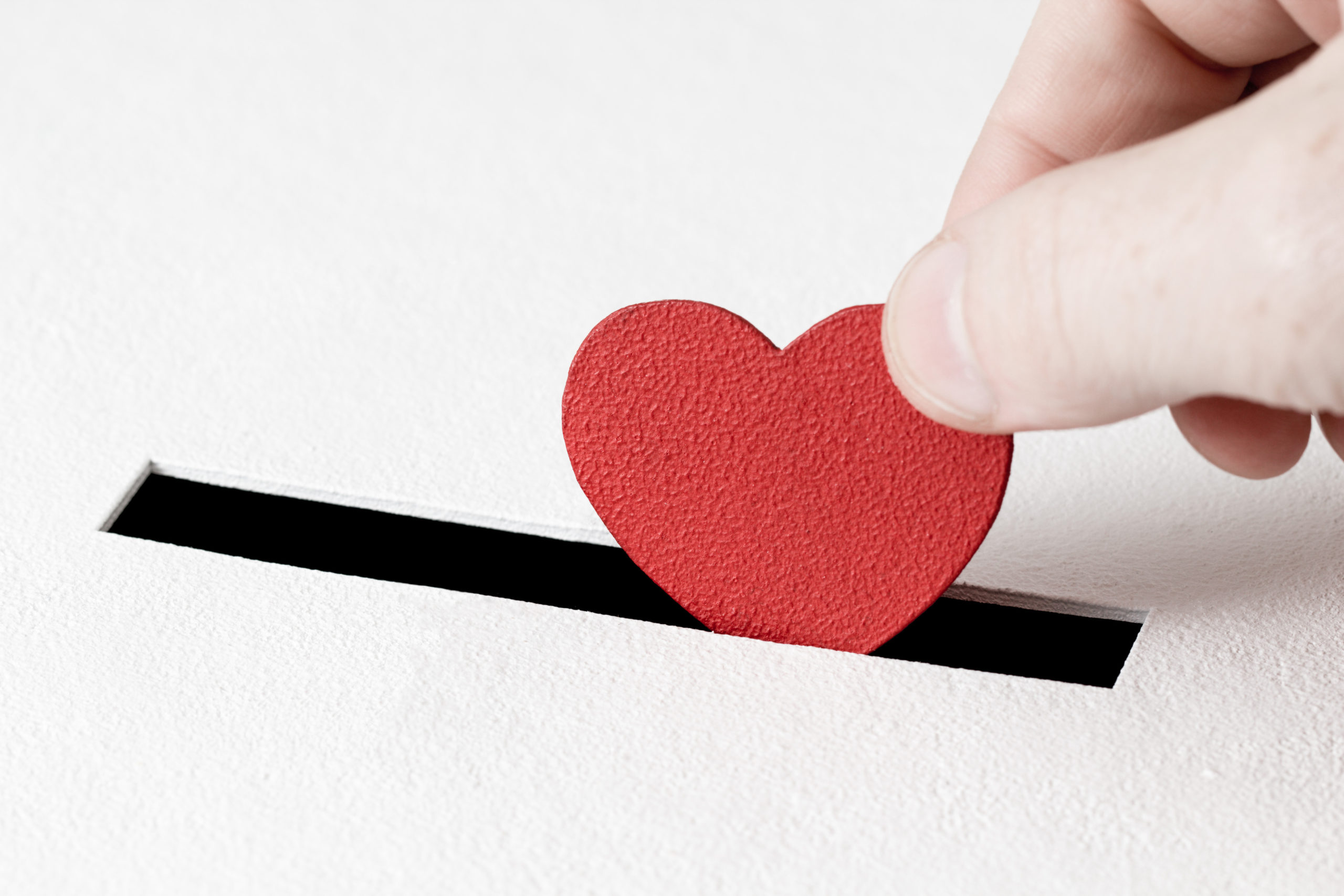Many studies have shown that cancer patients have a more positive outlook and better quality of life if they have strong emotional support from friends and family. You can make a real difference in the life of a friend who received a diagnosis, is battling, or has even fought cancer. Finding out a loved one has cancer is daunting, distressing, uncomfortable and often, devastating. You may wonder what to do and how to help.
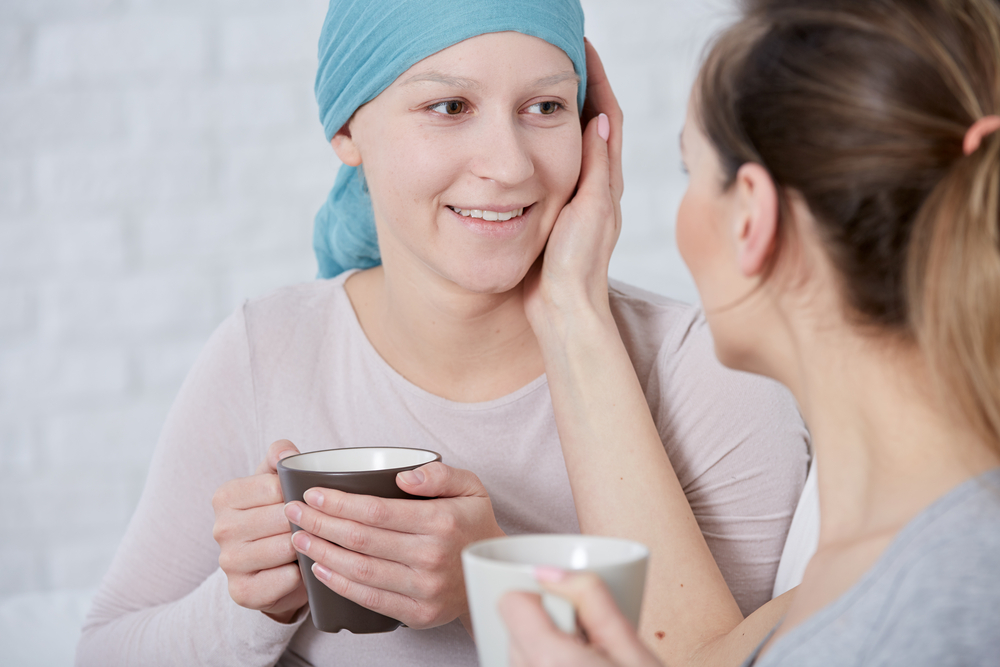
In response to a close friend’s diagnosis with cancer in college, the founder of Karelane helped raise over $100,000 for his friend’s rising medical bills. While the attempt was useful and appreciated, it was simply not enough and quite chaotic. Communication was scarce and his community, while inspired to help, was at a loss – how to provide for additional, frequent, unmet non-medical issues. He realized there was a need for an easy-to-use tech solution to organize assistance of all kinds, and conceptualized Karelane. The Karelane app strives to relieve the burden of paying for treatment alone and coordinating complex care, so focus can be placed on your loved one.
While there is no rule book, and you must consider your unique relationship with your friend, we offer several tips on how to best support a friend with cancer.
1. Be gentle – what to say to a friend with cancer
Being there for a friend with cancer is critical. Don’t be scared to talk to your friend, even if you’re not quite certain how to express yourself. However, keep in mind that what you say, and how you say it, can be helpful or could come across as insensitive and hurtful. The most meaningful way to communicate is often just to be there and listen. Try to hear and understand how your friend feels. Let them know that you’re open to talking whenever they are up for it. Or, if the person doesn’t feel like talking, let them know that’s okay too. Here are a few points to consider in conversation:
- Help your friend focus on positive topics such as sports, travel, art, or pets.
- Encourage your friend to keep an active role in your friendship by asking advice, opinions, and questions.
- Don’t tell your friend to ‘fight the disease’ or how strong they are; they may feel the need to act strong for you even when they’re depressed and exhausted.
- Support your friend’s feelings whether they are negative, withdrawn, or even silent.
2. Stay safe – how to help a friend with cancer during covid
Cancer patients are especially vulnerable to the coronavirus so it’s vital to be cautious and practice social distancing, particularly if you are not the primary caregiver or in your friend’s immediate family or “bubble.” However, it’s more important than ever to continue caring for your friend with cancer whose anxious and depressed feelings may be intensified by the pandemic. Stay in your friend’s life by: scheduling video dates; checking in regularly and attentively via text, calls and emails; delivering care packages; sending cheerful group videos of encouragement; or even be creative – wave through the window or write a note and drawing in sidewalk chalk outside your friend’s home.
If you are living in the same home or serve as the primary caregiver where social distancing is not possible, remember to take key precautions: practice good hand hygiene, wear a mask, and stay at home as much as possible.
3. Lend a hand – help them with errands and projects
It’s likely your friend may not wish to ask for help – it’s hard. However, some of the most beneficial ways to help is offering to assist with everyday errands – grocery shopping, babysitting, picking up the kids from school or camp, and laundry, to name a few.
Ask your friend for a list of tasks and add your own ideas (with your friend’s input if necessary). Next, organize friends, family, and perhaps co-workers, neighbors and community members to become engaged and take responsibility for a one-time or recurring need. Coordinating your friend’s care and support can be productive, easy and collaborative with the help of the Karelane app. The actions arranged on Karelane may be routine – drop off letters at the post office, or meaningful – surprise your friend at home for her 60th birthday with her five dearest friends. You determine how private you wish to keep your group – it may be visible to the Karelane community or just to your selected few.
Take the first step and download the app today:


4. Be generous – thoughtful gifts for someone with cancer
What will make your friend giggle, feel a little better or ease a concern? Give thoughtful gifts. Look for a little, practical gift your friend may need or simply enjoy. Novels, magazines, movies or puzzles are always helpful distractions. Gather your friends to put together a photo album or a book of quotes and phrases of encouragement. Or, offer a gift certificate – for instance, a certificate to a cleaning service may provide essential assistance at home so they don’t need to feel awkward about asking a friend to clean. Be careful about gifting food due to dietary restrictions or anything with a strong scent that may overwhelm a cancer patient. The gift does not need to be expensive; smaller, frequent gifts may serve to lift your friend’s spirit more than a large one-time gift. Also, consider giving a gift to the caregiver who will certainly appreciate the gesture.
5. Use the written word – write a letter
Make sure your friend knows they are important to you by writing an old-fashioned letter or a handwritten note and dropping it in the mail. Unlike quick texts and emails, an original note can be put on display and provide a ready reminder that people are thinking about you and wish you well.
It can be very hard to know what to write. Show concern and express your emotional support and encouragement. Use humor when appropriate and avoid insensitivity and offence. Remember that each cancer journey is different. Don’t say you understand what your friend is going through; don’t judge and offer advice; and don’t be blindly optimistic and cheerful. The tone of the letter depends on your relationship, but express yourself clearly and directly. Your friend will appreciate the thoughtfulness and authenticity. End the note with “I will be in touch soon” and follow through.
6. Choose your language wisely – comforting words for someone with cancer
If you’re still at a loss with what to say to comfort a friend with cancer, here are some suggestions:
- “I don’t know what to say, but please know I care so much about you.”
- “Is there anything I can do to help?” or “What I can do for you?”
- “I’m always available if you want to talk.”
- “I’m very sorry this happened to you.”
And remember, always listen. Sometimes your ears are all your friend needs.
7. Take advantage of technology – how to support someone with cancer from afar
As the Covid-19 pandemic continues to inhibit our lifestyles for a year and counting, the majority of us have – at least reluctantly – learned and adopted methods to be engaged and keep in touch with loved ones from afar utilizing technology. Everyone has their own means to stay connected, and many of these methods will be useful instruments even as we eventually transition back to normalcy, free of Covid-19 fear.
Whether you are gathering on Zoom for a virtual event, using FaceTime one-on-one, or utilizing a mobile app like Karelane, supporting your friend with cancer from afar is essential as their in-person communications may be limited. Karelane allows you – a dear friend – to create a Kare group, invite a close network, and start sharing needs and desires that will lift your friend’s spirit and ease the burden. You may decide to set up a fundraiser in the app to help cover medical bills for chemotherapy, enlist a neighbor to pick up medications or groceries, or arrange a weekly virtual chat with best friends over coffee.
Download Karelane to start interacting and caring as an informed, organized and empowered team:


8. When a loved one has advanced cancer – how to support someone with stage 4 cancer
Stage four cancer, often called advanced or metastatic cancer, means that the cancer has spread to other parts of the body. Treatment options and chances of recovery are often related to how early cancer is found. Your friend’s feelings of sadness, anger, confusion and helplessness will likely be exacerbated in the advanced stages of cancer. At this time, it is critical that you stay in touch with your friend and care in emotional and practical ways. While taking cues from your friend, continue to comfort your friend with words, show support without words, talk about topics other than cancer, actively listen, and most importantly, be there for your friend in any way possible.
9. Spend time with your friend – visit the old-fashioned way
Cancer can be very isolating, so spend as much time as possible with your friend. You may be a welcome distraction and help them feel like they did before cancer become a focus. However, before you visit, ask, and be understanding if your friend does not wish to or cannot see you. Try to schedule a visit that takes in to account a caregiver’s schedule as well – maybe you can relieve the caregiver of her duties for a few hours. Understand that your friend may not want to talk but still likes your company. Begin and end each visit with a touch such as a hug or handshake. Share music, watch your friend’s favorite show, or pick a funny movie. Take your own activity like needlework or a book if your friend dozes off. See if your friend is up for a walk. Don’t be upset if your friend or your friend’s family asks you to leave; they likely have a sincere reason. Lastly, mention your next visit to give your friend something to look forward to, and in the meantime, ask how you can help.
10. Caring for the caregiver – support caregivers and family members
A caregiver is defined as the person who primarily cares for the person with cancer – typically a family member or dear friend who is not paid. People are often so focused on the patient that they forget about the caregiver’s well-being. A caregiver is juggling their existing roles such as caring for their immediate family and working, dealing with the physical and time-consuming demands of caring for a loved one with cancer, and also experiencing the emotional stress and sadness of taking care of someone they love who is going through a very difficult time.
The caregiver may be overwhelmed. Ask the caregiver if you can take over for an evening while the caregiver takes a break. Check in frequently with the caregiver to see how you can help. Or, take the caregiver out for dinner, a sporting event, or to the museum – allowing the caregiver to take their mind off of her demands and enjoy life a little. Not only will the caregiver be thankful, but the person with cancer will also be grateful that you are extending yourself to a person they love.
Lastly, it is important to continue supporting your friend with cancer even after the cancer treatment is over, as they transition and discover a new sense of normal as a survivor. As you care for your friend during the difficult journey from diagnosis to recovery, keep the person in mind throughout it all by contemplating their personality, comfort level, likes and dislikes, and needs. You have the ability to touch the lives of patients and do amazing things – from relieving them of their burdensome errands, calling every day, to organizing a close, trusted network to care as a group. Your friend with cancer needs you and your support.

